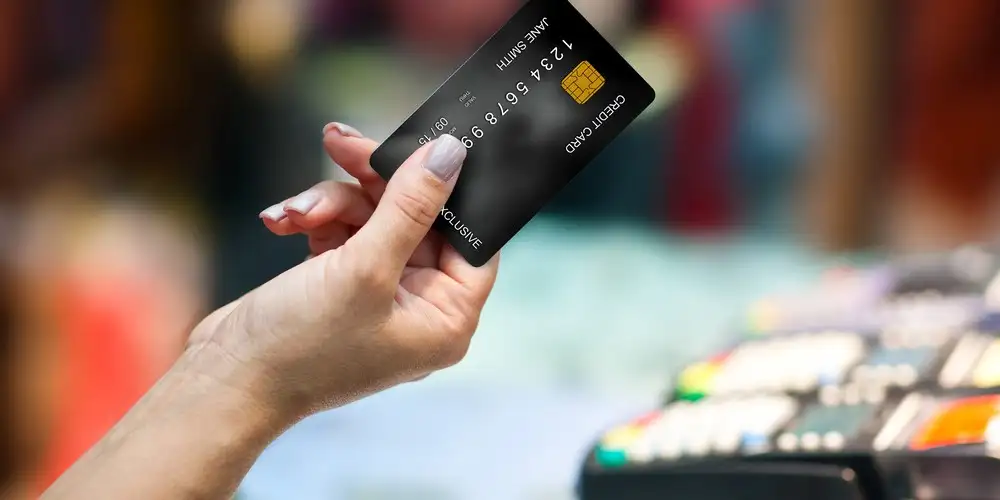
If you’re heading outside of the United States this summer, get your plastic ready. And if you haven’t been out of the country recently, you’ll find some changes—some to your benefit, some not so good.
Basic rule. The longstanding basic “rule” remains valid: Put your big charges on a credit card and use an ATM (debit) card for the local cash you need. Even with the fees, you lose less on foreign exchange using plastic than by exchanging currency. But some details have changed.
Chips Ahoy
Most of the developed world outside the U.S. has already switched to “EMV” cards that use an embedded chip to contain account information, while issuers in the U.S. have stuck with the magnetic stripe. Chip-card issuers outside the U.S. have also adopted a system that requires users to enter a PIN rather than sign a chit for personal verification. Almost everybody considers the chip-and-pin system to be more secure than the old stripe-and-signature system.
More No-Surcharge Credit Cards
You’ve probably noticed that more and more credit cards feature either no foreign transaction fee or a fee of only 1 percent to cover conversion costs by the MasterCard and Visa networks. If you don’t already have such a card, check with the various card comparison websites for a card that best meets your needs.
Airport ATM Exchange Gouge
Most large airports I’ve visited in Europe lately have replaced ATMs operated by legitimate banks, such as Barclays, Deutsche Bank, or PNB, with ATMs operated by foreign exchange companies. They prominently feature signs claiming “no withdrawal fee,” but instead they hit you with a really bad exchange rate—as bad as you get at the nearby exchange counter. Before you plan to use an airport ATM, check with your system’s online ATM locator to find ATMs operated by legitimate commercial banks, even if they’re outside the main terminal.
Global ATM Network Loses Edge
Banks really hate to give consumers a good deal. So the Global ATM Network, which previously allowed Bank of America account holders to get foreign currency in much of the world with neither a fee nor an exchange surcharge, now charges a 3 percent conversion fee. And that means you’re better off with a debit card from one of the banks that absorb some or all foreign ATM transaction fees, including Ally Bank, USAA, several investment firm checking accounts, several online banks, and many small banks and credit unions.
Ed Perkins on Travel is copyright (c) 2015 Tribune Media Services, Inc.
You Might Also Like:
- 11 Things You Need to Do the Day of Your Trip
- Tune-up Your Plastic Before Travel
- 7 Super-Affordable European Countries
We hand-pick everything we recommend and select items through testing and reviews. Some products are sent to us free of charge with no incentive to offer a favorable review. We offer our unbiased opinions and do not accept compensation to review products. All items are in stock and prices are accurate at the time of publication. If you buy something through our links, we may earn a commission.
Related
Top Fares From
Today's Top Travel Deals
Brought to you by ShermansTravel
Greece: 9-Night Vacation, Incl. Meteora &...
Exoticca
 vacation
$2099+
vacation
$2099+
New Year Sale: Luxe, 9-Nt Alaska...
Oceania Cruises
 cruise
$3599+
cruise
$3599+
Ohio: Daily Car Rentals from Cincinnati
85OFF.com
 Car Rental
$19+
Car Rental
$19+



